HOPE not hate uses cookies to collect information and give you a more personalised experience on our site. You can find more information in our privacy policy. To agree to this, please click accept.
The 2024 local elections marked the latest in a long line of declining results of the far right.
Despite the implosion of the Conservative Party’s support over the past two years, the UK far right has been unable to take advantage, being too organisationally weak and contesting only a small fraction of the 2,660 council seats up for grabs.
While there were some slightly improved vote shares for radical and far-right candidates in certain areas this year, the overall picture remains a depressing wasteland of failure and inactivity.
Read on for a deep dive into results from across the country:
Reform UK
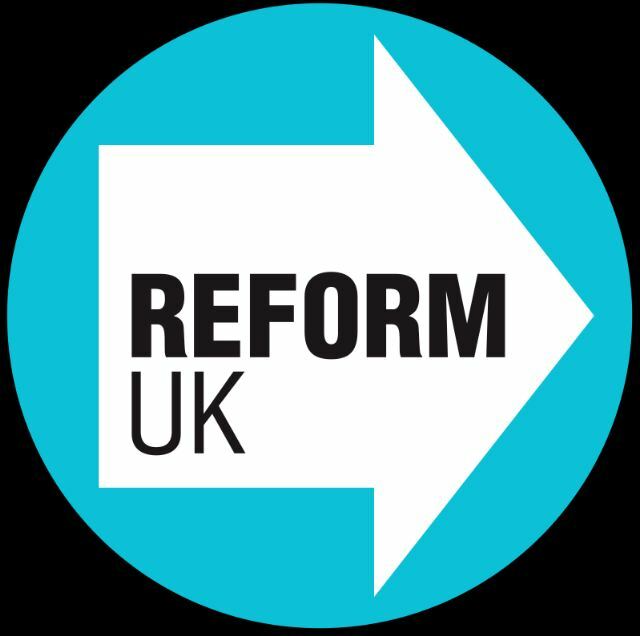
Reform UK’s performance, while significantly better than previous years, left a lot to be desired and has amplified doubts over whether the group’s polling numbers can translate to any victories at the ballot box in the upcoming general election.
Its highest vote shares were achieved in the expected places, with a few candidates receiving 25-30% in Sunderland, Barnsley and Bolton. Yet these were not enough to win their respective seats, and the party’s sole pickups were in Havant Borough Council, in two wards where Labour inexplicably put forward just two candidates for three-councillor wards and the Labour vote was then split for the third pick.
Reform Leader Richard Tice might well be concerned at the party’s performance in Hartlepool, where he is slated to stand in the general election later this year. The party averaged 14.9% across the 12 wards on Hartlepool Borough Council, mostly coming in third or fourth place and only reaching second in one. This underperformance cannot be explained away as a natural aversion to third-party candidates, as Hartlepool has elected a string of UKIP and even For Britain councillors over the past decade.
Reform UK fared slightly better in Barnsley, where YouGov’s MRP poll of 2 April had put the group at 25-27% in the parliamentary constituencies of Barnsley North and Barnsley South. The party averaged a 18.8% vote share in the ten seats it contested, and came second place in five. The Barnsley North constituency is currently vacant, and could well be where Nigel Farage will choose to stand if he decides to return as leader.
The two Reform candidates currently suspended by the party did not appear to suffer at the polls. Paul Carnell of Cannock Chase, suspended after HOPE not hate revealed his far-right activism and embrace of conspiracy theories, received 20.1% of the vote in his ward, a similar percentage to the other four Reform candidates in the area. Ian Broadbent of Hull, suspended after a Daily Mail investigation accused him of posting offensive tweets, received 15.1%, while William Bertram of Plymouth received 13.1%, both in line with other Reform results from those cities.
As things stand, Reform’s role is limited to harming Conservative chances without achieving any successes of its own. The return of Farage might change the calculations, but it is still questionable whether the party can ever outperform its polling without a significant shift towards canvassing, local campaigning and getting its supporters to polling booths on the big day.
Heritage Party

David Kurten’s Heritage Party continued its unbroken run of dire results, with a median vote share of 2.7% across the 35 council seats it contested and a woeful 0.2% in the London Assembly elections.
The selection of Southend as the place to run its strongest slate does not appear to have been based on any significant local support, with Heritage candidates there achieving a 3% average vote share and coming last in four out of the seven wards contested.
The party’s General Secretary Madeleine Hunt, exposed for her antisemitic views in our pre-election candidate roundup, was among the least successful, netting just 1.5% of the vote in the Ashburton & Buckfastleigh by-election, Teignbridge.
UKIP and the English Democrats
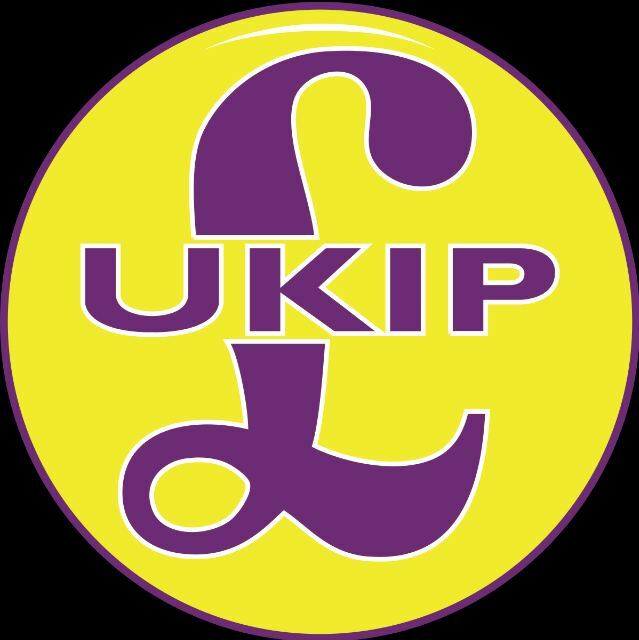
UKIP had another disappointing year, with its 16 candidates failing to win a single seat and netting a median vote share of just 5.9%. The group’s highest placed candidate was Emma Turner in Glascote ward, Tamworth, who achieved a respectable 19.2% of the vote but still placed third.
The only two UKIP candidates who chose to run under the newly-minted “Patriots Alliance – English Democrats and UKIP” tagline did not see their efforts rewarded with a showing, receiving 3.9% and 2.8% respectively in Shaftesbury Town ward, Dorset.
Thankfully the crankish Leo Robinson, whose violent fantasies of armed uprisings against the state were exposed in our pre-election candidate roundup, was rejected by the voters of Craven ward, Bradford, receiving just 1.8% of the vote.
UKIP’s comrades in the English Democrats fared slightly better, with a median vote share of 8.3% in the five wards in which it stood, and leader Robin Tilbrook also managed a relatively impressive 13% of the vote in the Essex Police and Crime Commissioner race — a sizable 44,909 votes — up from the 9.8% he achieved in the same race in 2021. In the race for West Mercia PCC, meanwhile, their candidate Henry Curteis received 2,252 votes (10%).
Both Tilbrook and Curteis appear to have had outside help from the politically inept fascist Patriotic Alternative (PA) and its splinter group, the Homeland Party. PA leader Mark Collett claimed that he had helped design Tilbrook’s PCC election leaflet and that his activists had delivered over 30,000 leaflets on his behalf.
Meanwhile, Homeland’s leader Kenny Smith claimed to have acted as election agent for Curteis — despite Curteis having declared that he would be acting as his own agent — and that Homeland activists had designed his leaflets and delivered them across three counties.
Results across the fascist fringes have, unsurprisingly, also been dire. You can read about Britain First’s abysmal effort here.
Patriotic Alternative

Patriotic Alternative, the UK’s most active fascist group, attempted a new approach this year.
Having repeatedly failed to register as a political party, the group offered backing to any of its activists willing to stand as independents. However, despite announcing three in the North West, only one made it onto the ballot.
The former Britain First activist Callum Hewitt in Halton (Central & West Bank ward) came second with (11.3%) — beating the Green Party by a single vote. However, his total tally was a tiny 74 votes.
The perceived indifference of the PA leadership towards electioneering was partly responsible for the breakaway of the newly formed Homeland Party last year. As such, Hewitt’s candidacy was more about offsetting criticism than any genuine enthusiasm from the PA leadership.
In the wake of splits and the incarceration of key activists for race hate and terror-related offences, Hewitt’s lacklustre performance only compounds the lack of energy within PA and the ongoing shift of momentum away from the group.
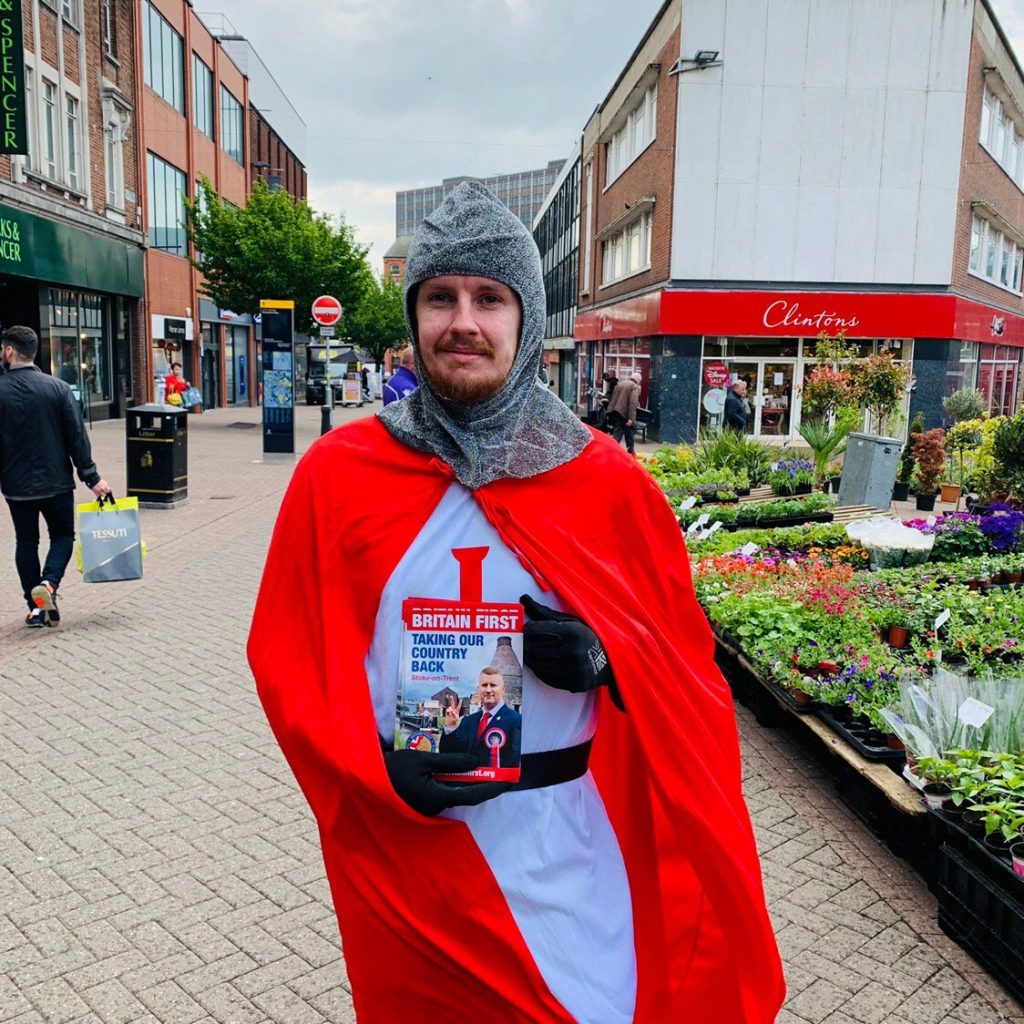
The Homeland Party
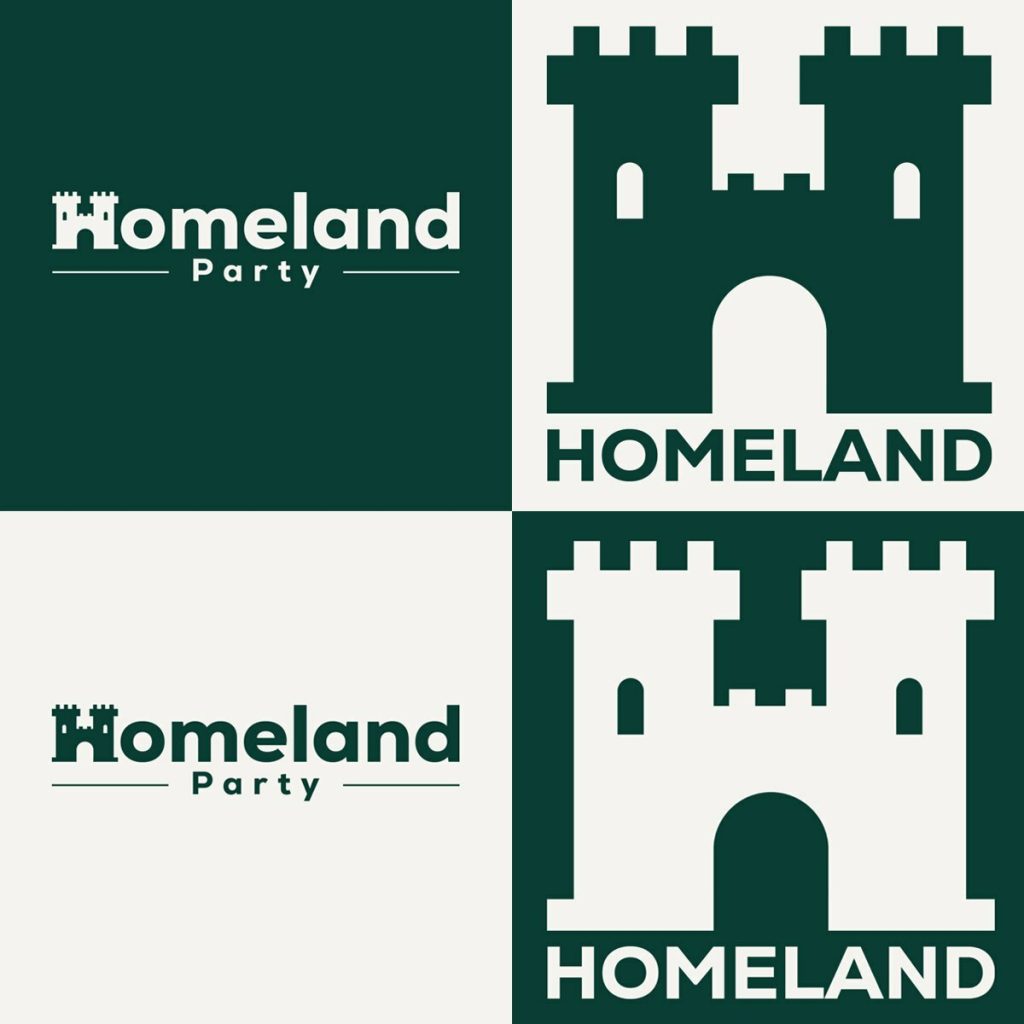
Much was riding on the election of the Homeland Party’s sole candidate, Roger Robertson, in Hart (Hartley Wintney ward).
Homeland broke away from PA last April in order to pursue “community politics”, gaining party status in January.
The 78-year-old Robertson, who has previously cycled through UKIP, the BNP, For Britain and the British Democrats, is highly unusual in Homeland in that he has actual experience in local politics, having served as a parish councillor in Hartley Wintney for over a decade.
A success for Robertson would therefore vindicate Homeland strategy, proving that community politics is the best route to building local support and establishing power over time. The group channelled considerable energy into his campaign, drafting in activists from over 150 miles away to compensate for the absence of a local activist base.
HOPE not hate campaigned against Robertson in the ward, delivering leaflets that warned voters about Robertson’s past and Homeland’s hateful politics.
Robertson came third with just 355 votes (13.5%), a considerable decrease from his 569 (22.6%) when standing as an independent in 2023. While Homeland has attempted to spin the failure as a success, the plain fact is that association with the group has cost Robertson hundreds of votes.
For the time being, the group will continue to bypass elections and attempt to get its activists co-opted into parish and community councils, the lowest tier of local government. Concealing their extreme ideology, activists can often enter these positions practically unopposed.
British Democrats
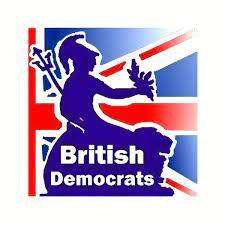
The British Democrats, an offshoot from the BNP, fielded just four candidates this May.
The group achieved its best result in the newly formed Waltham Abbey North ward in Epping Forest, with Julian Leppert coming fifth with 323 votes (21.9%). A former BNP London mayoral candidate, Leppert previously served on Epping Forest council under the For Britain banner, gaining local notoriety for saying he would like Epping to be a “whites-only” enclave. HOPE not hate campaigned against Leppert in the ward.
Meanwhile, British Democrat leader Jim Lewthwaite, the perennial candidate in Bradford (Wyke ward), received just 6.8%; Lawrence Rustem, a former BNP councillor, received 17.8% in Maidstone (Shepway ward) while Chris Bateman in Basildon (Castledon & Crouch) gained 475 votes (14.3%).
A year to reflect?
So the 2024 Local Elections elicit yet another set of disappointing results for the British far right and, with the exception of Reform UK, it is hard to see anything on the horizon that might turn their fortunes around.
Reform UK has reason to be optimistic that the possible return of Farage might give it a sufficient boost to push some candidates across the line in areas where it is currently falling short, while also prompting some big money donors to leave the Conservatives and put their faith in the party. However, the group’s lack of credible candidates and local organising capacity means it will likely fail capitalise on headlines and ad spending.
For the rest of the far right, the extended holiday in the electoral doldrums is starting to look like more like retirement. UKIP and the Heritage Party seem destined to continue their run of single-digit poll results and minimal public attention.
And despite carefully selecting just a handful of seats each year and putting their entire campaigning weight behind candidates, groups like Britain First and Homeland have thus far proved unable to win any seats at all – a feat which is achieved by hundreds of independent councillors each year without anything like the finances and manpower that these groups can bring to bear on their hand-picked wards.
With national attention now solely focussed on the General Election for the foreseeable future, now might be a good time for the British far right to step back and consider an important question: why does the British public dislike them so much?
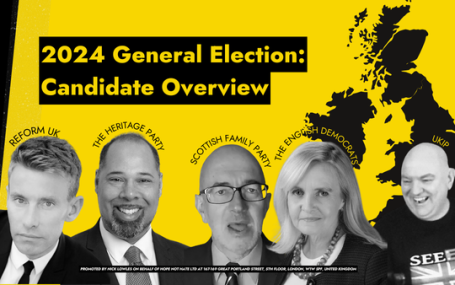
When voters go to the polls on July 4th, they will choose between a record number of candidates. This year, 4,515 people are contesting parliamentary…